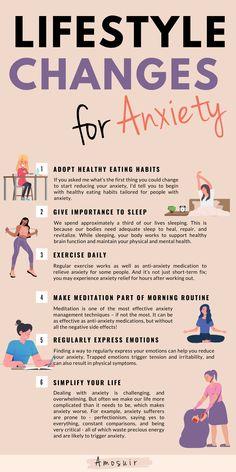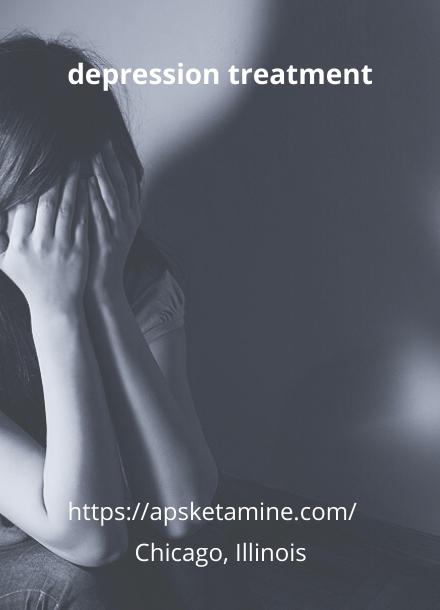In the labyrinth of the human mind, where shadows often obscure the light, depression stands as one of the most challenging adversaries. It whispers doubts, magnifies fears, and paints the world in shades of gray. Traditionally, the fight against this formidable foe has often involved medication—a tangible shield in the battle for mental well-being. Yet, beyond the realm of pharmaceuticals, there lies a diverse landscape of alternative treatments and holistic approaches, each offering a unique path to healing. This article embarks on a journey through that landscape, exploring whether depression can indeed be treated without medication. We will delve into the science, the stories, and the strategies that shape this ongoing exploration, seeking to understand how the mind can be coaxed back into the light without the aid of pills. Depression Therapy”>
Depression Therapy”>
Exploring the Mind-Body Connection in Depression Therapy
The intricate dance between mind and body is at the forefront of innovative therapeutic approaches to depression. Rather than relying solely on medication, many are exploring holistic practices that aim to harmonize these two interconnected realms. Techniques such as mindfulness meditation, yoga, and biofeedback are gaining traction as they not only address the psychological facets of depression but also promote physical well-being. These methods emphasize the importance of nurturing the body to heal the mind, offering a multi-faceted approach to mental health.
- Mindfulness Meditation: Encourages present-moment awareness and reduces stress.
- Yoga: Combines physical postures, breathing exercises, and meditation for overall wellness.
- Biofeedback: Uses electronic monitoring to help individuals gain control over physiological functions.
By integrating these practices, individuals may experience reduced symptoms of depression and improved emotional resilience. This approach underscores the belief that our bodies are not merely vessels for our minds but active participants in our mental health journey. Such therapies provide a compelling alternative for those seeking relief beyond traditional pharmacological treatments.

Harnessing Lifestyle Changes for Emotional Well-being
Incorporating lifestyle changes can serve as a powerful ally in the journey toward emotional well-being. While medication is often a cornerstone of treatment for depression, many individuals find that adopting certain habits can significantly enhance their mood and outlook. Consider embracing these holistic strategies:
- Mindful Movement: Engage in regular physical activities such as yoga, walking, or dancing. These activities not only improve physical health but also release endorphins, known as the body’s natural mood lifters.
- Nutrition Nourishment: A balanced diet rich in omega-3 fatty acids, antioxidants, and whole grains can help stabilize mood swings and enhance brain function.
- Quality Sleep: Prioritize a consistent sleep schedule to regulate your body’s internal clock, which can improve mood and reduce stress.
- Social Connections: Cultivate meaningful relationships and seek supportive social interactions to combat feelings of loneliness and isolation.
By integrating these changes, individuals may find a newfound resilience and a deeper connection to their emotional health, paving the way for a more balanced life.

The Role of Cognitive Behavioral Techniques in Managing Depression
Cognitive Behavioral Techniques (CBT) have emerged as a cornerstone in the non-pharmacological management of depression, offering individuals a toolkit to reshape their thought patterns and behaviors. At the heart of CBT lies the principle that our thoughts, emotions, and behaviors are interconnected. By identifying and challenging negative thought patterns, individuals can gradually change their emotional responses and actions. This method empowers people to take an active role in their recovery, often leading to a sense of mastery and self-efficacy.
- Identification of Negative Thoughts: Recognizing and understanding distorted thinking patterns is the first step towards change.
- Reframing and Restructuring: Transforming negative thoughts into more balanced, realistic ones.
- Behavioral Activation: Encouraging engagement in positive activities to improve mood and motivation.
- Mindfulness Techniques: Cultivating awareness and acceptance of the present moment to reduce stress and enhance emotional regulation.
By integrating these techniques, individuals not only learn to cope with their current depressive symptoms but also acquire lifelong skills to manage future challenges, making CBT a valuable alternative or complement to medication.
Building a Supportive Environment for Mental Health Recovery
Creating an environment that nurtures mental health recovery involves more than just providing emotional support; it requires a holistic approach that addresses the multifaceted needs of individuals. Establishing a safe space where people feel understood and accepted is crucial. Encouraging open communication is a foundational step, allowing individuals to express their feelings without fear of judgment. Equally important is fostering a sense of community, where shared experiences can build empathy and connection.
There are several practical strategies that can contribute to a supportive environment:
- Mindfulness Practices: Integrating meditation and mindfulness can help in managing stress and promoting mental clarity.
- Physical Activity: Encouraging regular exercise can boost mood and improve overall well-being.
- Creative Expression: Providing outlets such as art, music, or writing can be therapeutic and offer a sense of accomplishment.
- Nutritional Support: Ensuring access to healthy foods can have a positive impact on mental health.
- Access to Nature: Spending time in green spaces can enhance mood and reduce symptoms of depression.
Each of these elements plays a significant role in building an environment that supports recovery and fosters resilience.








